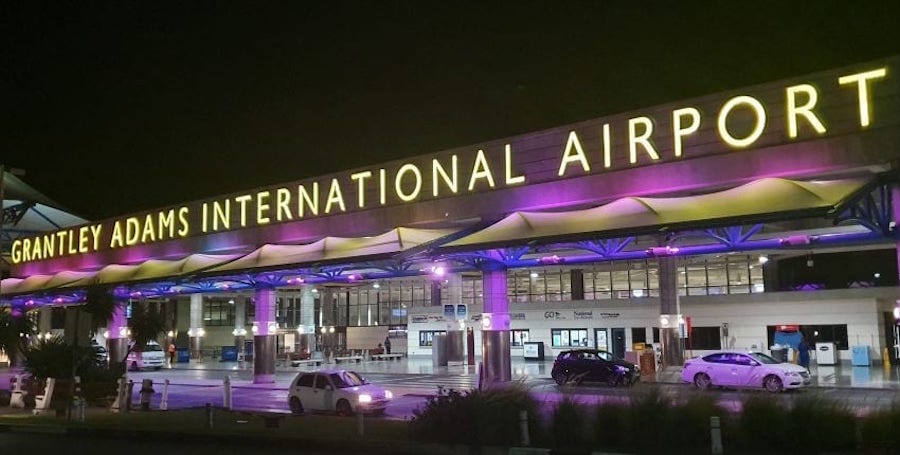Freedom of the Press does not free journalism from responsibility.
Recent commentary declaring that the United States has “finally come to save the Caribbean” is more than a misguided opinion, it is a narrative that invites danger. It romanticises external militarisation in regional waters and conveniently forgets how quickly “assistance” has historically become control.
Such messages help shape consent. When the media normalises foreign firepower as benevolence, the Caribbean public is encouraged to surrender control over its own peace and security.
This is particularly concerning at a moment when the United States, under a revived “war on drugs” doctrine, has resumed lethal-force interdictions in Caribbean maritime space. These strikes are taking place while CARICOM reaffirms its commitment to preserving the region as a “Zone of Peace”, highlighting a disturbing gap between what is promised and what is occurring at sea.
Militarisation has returned framed once again as protection, but recent history offers clear and necessary reminders:
– 1965: Dominican Republic – US intervention “to restore order”
– 1966–1970s: Guyana & Jamaica — convert interference in domestic governance
– 1983: Grenada – invasion packaged as liberation
– 1994–2000s: Haiti – repeated deployments deepening instability
Foreign force has never delivered lasting peace in this region. It has consistently prioritised strategic advantage over Caribbean sovereignty.
Military presence in these waters is not humanitarian outreach.
Venezuela is a geopolitical objective, not a rescue mission.
Fragmentation among CARICOM members amplifies vulnerability. When any state embraces unilateral militarism, the region’s collective bargaining power is weakened. Sovereignty becomes negotiable. External actors exploit division before they ever respect independence.
Moreover, long-standing legal arrangements intensify the current exposure. Shiprider Agreements and related protocols grant foreign authorities the right to pursue, board, and detain vessels in Caribbean territorial waters. These same powers now expanded to include drone surveillance and lethal targeting. A “Zone of Peace” built on declarations while permitting such operations amounts to contradiction, not security.
These realities demand informed regional leadership: political and journalistic.
Editorial voices carry significant influence over how citizens understand power, threat, and autonomy. For journalism to uphold its role as the Fourth Estate, it must:
– Document the expansion of foreign military activity: This is factual reporting: ship movements, agreements signed, flights granted, incidents at sea. “Who is doing what in our waters?” is a public right to know.
– Scrutinise the agreements that enable it: Shiprider provisions, military basing rights – these are policies executed in the name of the people. The media is responsible for showing exactly what is being signed on the public’s behalf.
– Contextualise current actions within historical patterns: News without memory is propaganda. When power repeats past behaviour, journalism must say: “We have seen this before. Here was the outcome.
– Ensure transparency and informed public engagement: Democracy dissolves when decisions are made quietly. Coverage must make geopolitical choices visible, debated, and justified.
– Reinforce that sovereignty is a practice and not a slogan: Sovereignty is how power is asserted and protected daily. Journalism reveals where that power stands and where it slips.
Foreign powers have already acted decisively in our waters. Empires do not preserve the powerless; they shape the world on their terms. The Caribbean has learned this before.
If regional media and leadership fail to confront these patterns with clarity and courage, the Zone of Peace may only be recognised in hindsight as the first casualty of a silence mistaken for diplomacy.
The post The Fourth Estate and the Caribbean Sea appeared first on Barbados Today.


